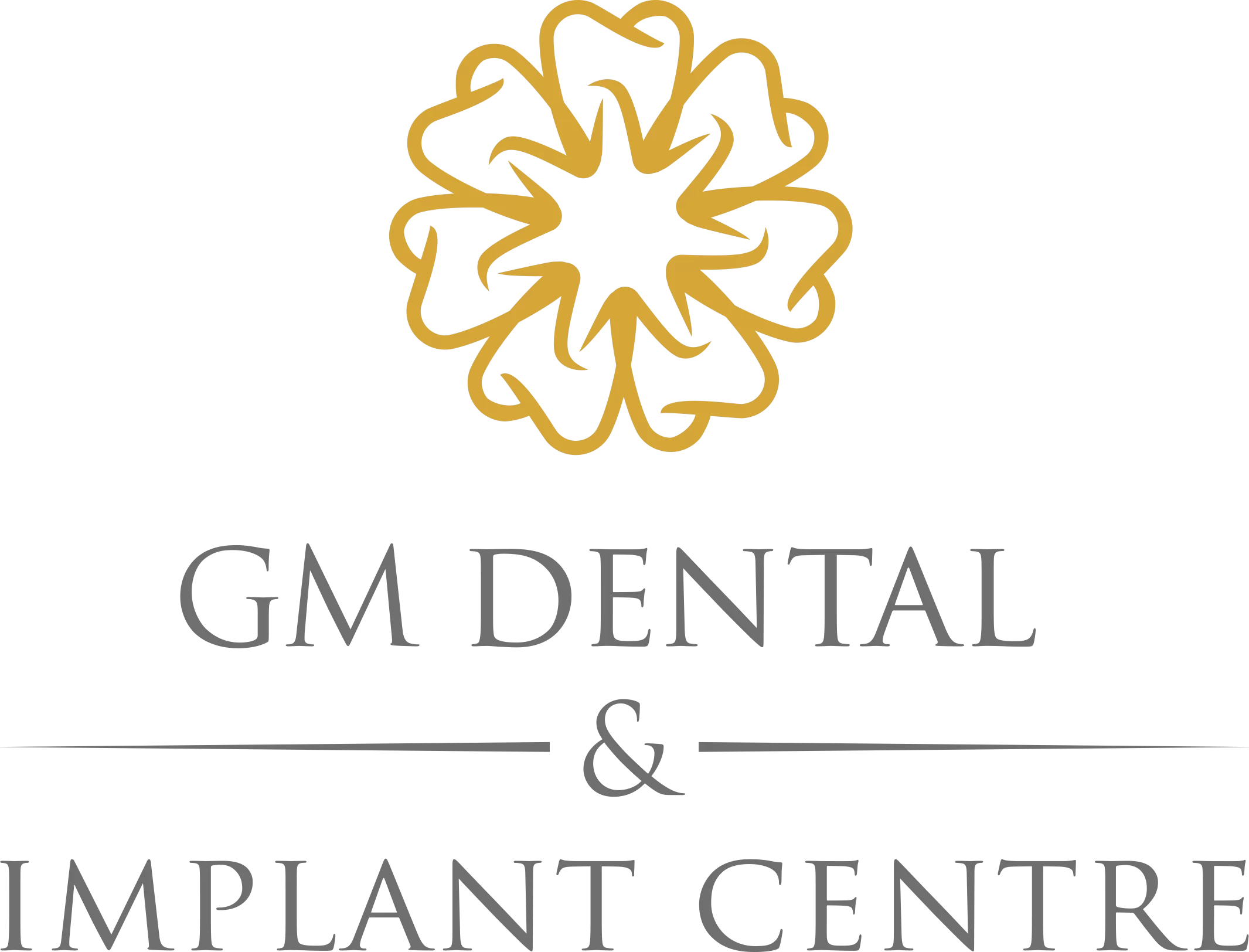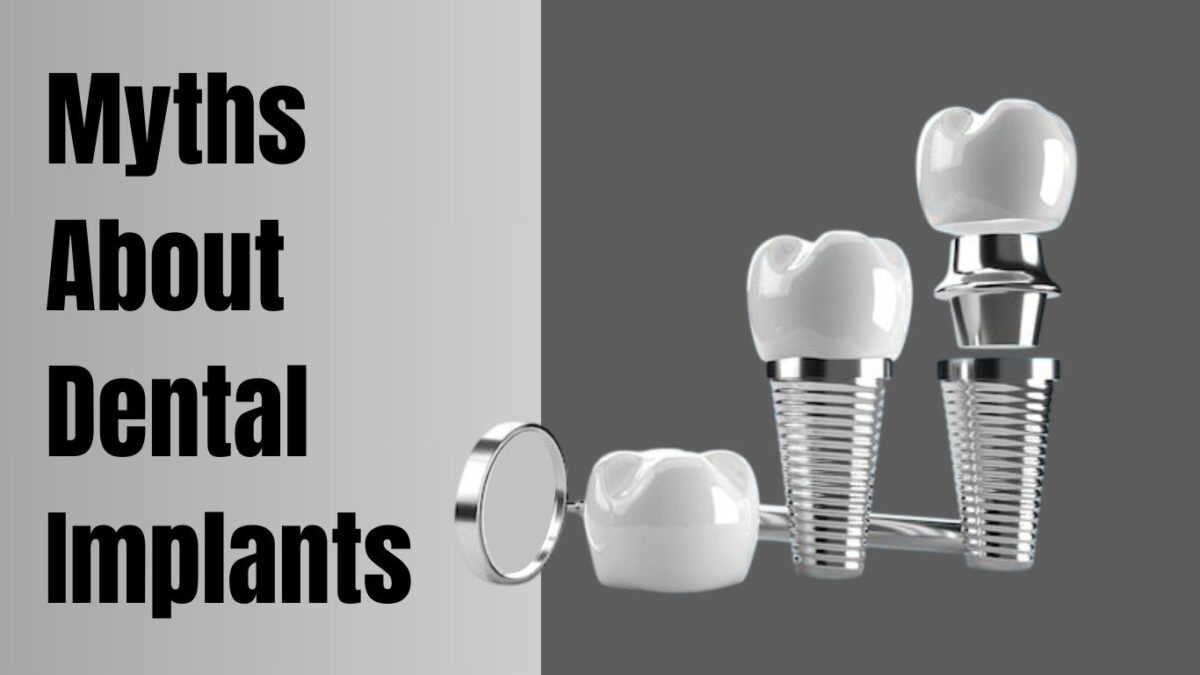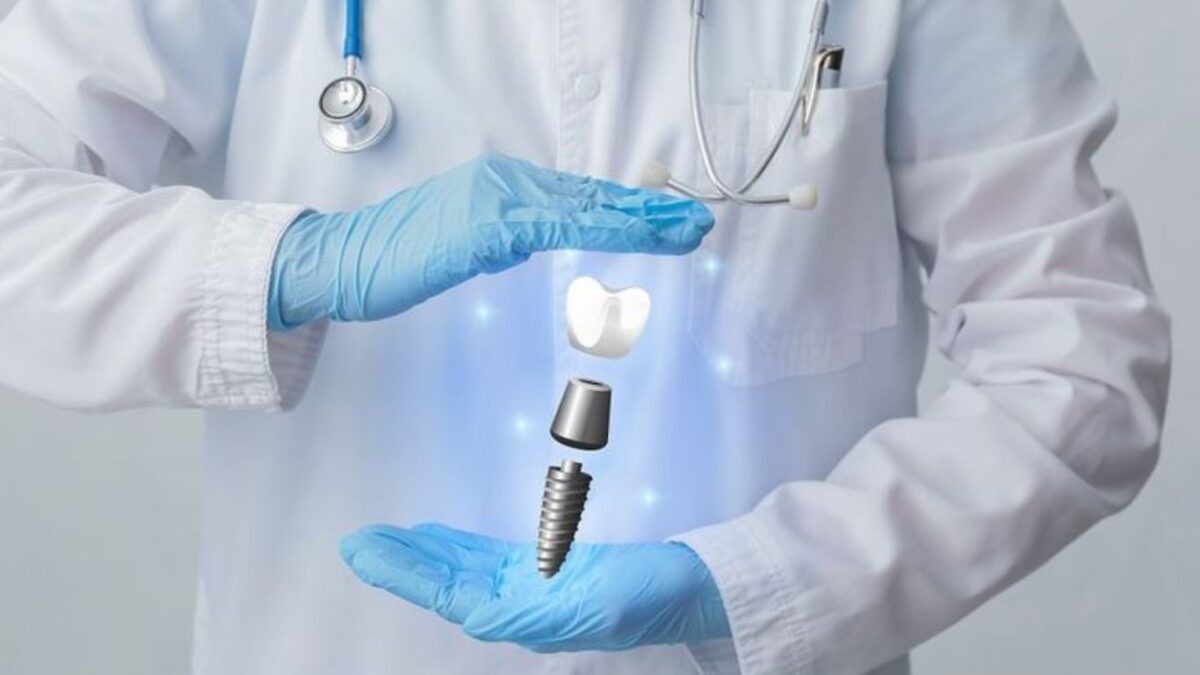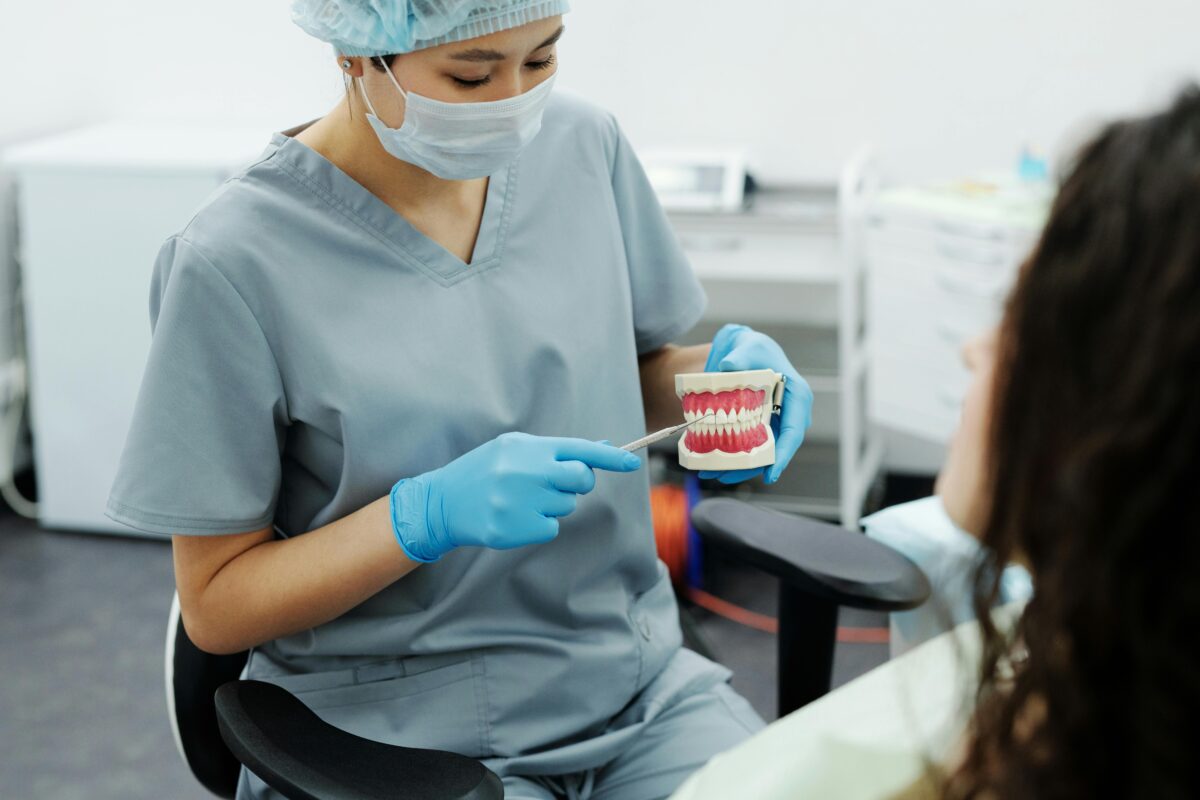Introduction
Dental implants have revolutionized tooth replacement, offering a long-term, natural-looking solution for missing teeth. However, despite their growing popularity, several myths and misconceptions still surround the procedure. In this blog, we’ll separate fact from fiction to help you make an informed decision about dental implants.
Myth 1: Dental Implants Are Painful
Fact: While the idea of surgery can be intimidating, modern dental implant procedures are performed with advanced anesthesia and sedation techniques, ensuring minimal discomfort. Most patients report that the process is no more painful than a tooth extraction, with manageable post-operative soreness.
Myth 2: Dental Implants Are Too Expensive
Fact: While dental implants may have a higher initial cost compared to other tooth replacement options, they are a long-term investment in your oral health. Unlike dentures or bridges that may need frequent adjustments and replacements, implants can last a lifetime with proper care, making them cost-effective in the long run.
Myth 3: Dental Implants Look Fake
Fact: Dental implants are designed to closely mimic natural teeth in both appearance and function. Custom-made crowns match the color, shape, and size of your natural teeth, ensuring a seamless blend with your smile.
Myth 4: The Procedure Is Risky and Unsuccessful
Fact: Dental implants have a high success rate, typically above 95%. Advances in dental technology, precise planning, and proper post-operative care contribute to their effectiveness. Choosing a skilled and experienced implant specialist further reduces any risks.
Myth 5: Dental Implants Require Extensive Maintenance
Fact: Unlike dentures, which require special cleaning solutions and adhesives, dental implants can be maintained just like natural teeth. Regular brushing, flossing, and routine dental check-ups are all that’s needed to keep them in optimal condition.
Myth 6: Dental Implants Are Only for the Elderly
Fact: Dental implants are suitable for adults of all ages who have lost teeth due to injury, decay, or other oral health conditions. As long as a patient has sufficient jawbone density and good oral health, they can be a candidate for implants.
Myth 7: Recovery Takes Too Long
Fact: While full integration of the implant with the jawbone (osseointegration) can take several months, most patients resume normal activities within a few days. Temporary restorations are often provided so that you can maintain a functional and aesthetic smile during the healing period.
Conclusion
Dental implants are a safe, effective, and long-lasting solution for missing teeth. By debunking these common myths, we hope to provide clarity and confidence for those considering this procedure. If you’re interested in learning more about dental implants, book a consultation with our expert team today!
Contact
Get In Touch With Us To Schedule Your Appointment Today!





